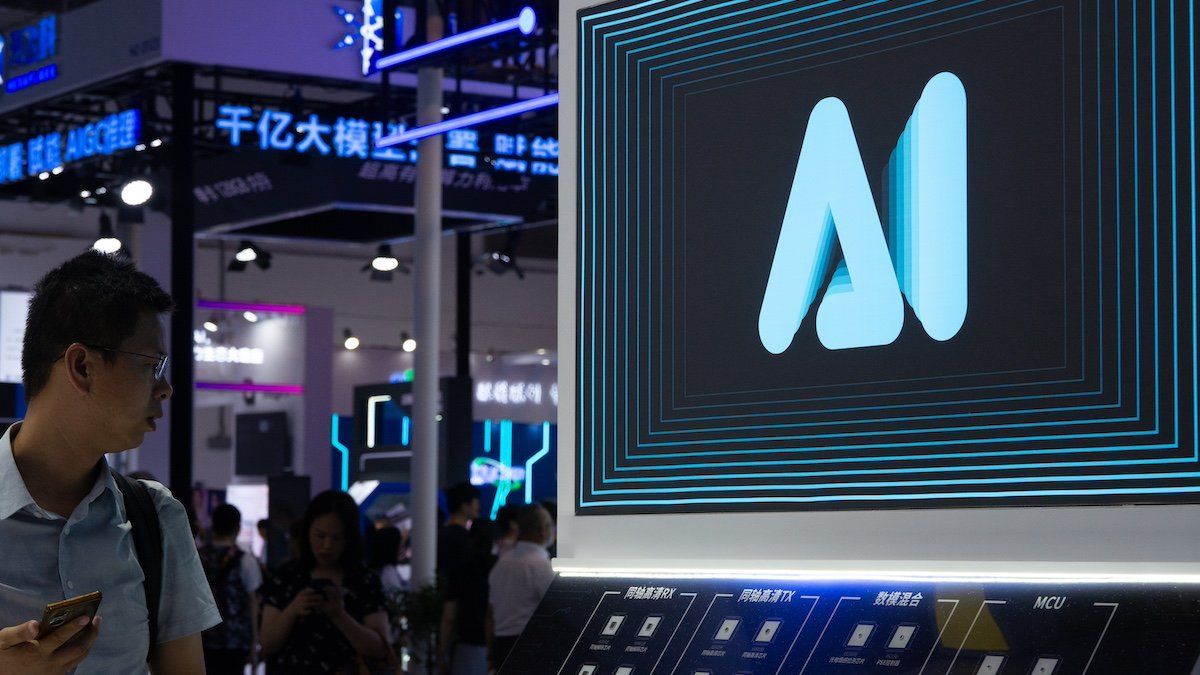On Tuesday, OpenAI blocked API access to its ChatGPT large language model in China, meaning developers can no longer tap into OpenAI’s tech to build their own tools. While the company didn’t offer a specific reason for the move, an OpenAI spokesperson told Bloomberg last month that it would start cracking down on API users in countries where ChatGPT was not supported. China has long blocked access to the app, but developers were able to use the API as a backdoor to access the toolbox. Not anymore.
Washington has focused heavily on denying Beijing any advantage in the AI space, especially through strict export controls on chips. There’s no government action forcing OpenAI’s hand on either side of the Pacific, but the decision was likely prophylactic.
As much as Chinese companies that relied on API access may be smarting now, the cutoff does open opportunities for domestic firms to try to win over the newly homeless users. We’re watching for companies like SenseTime, Zhipu AI, or Baidu’s Ernie AI to make their pitch as substitutes.
